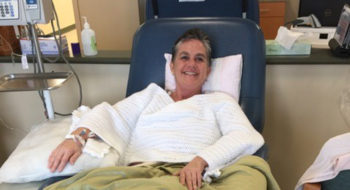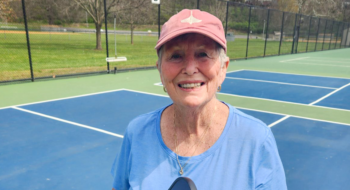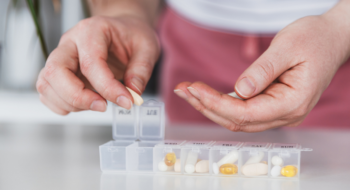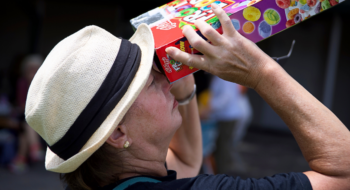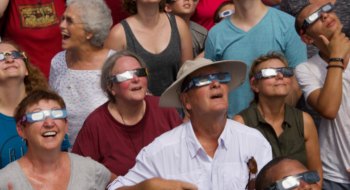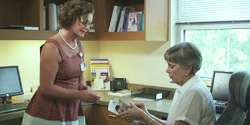A cancer diagnosis is never easy to digest, but how you handle the news may influence your outcome.
Several studies have suggested that a positive attitude can have a very real impact on health.
For example, a major study of 70,000 women conducted by the Harvard School of Public Health found that optimistic participants had a substantially reduced risk of dying from several major causes of death over an eight-year period.
The most optimistic women had a 16 percent lower risk of dying from cancer, a 38 percent lower risk of dying from heart disease, a 39 percent lower risk of dying from a stroke, a 38 percent lower risk of dying from respiratory disease and a 52 percent lower risk of dying from infection.
“There is good evidence that being optimistic plays a role in health; it’s not just a folk tale,” says Howard Waddell, a therapist at Tidelands Health who provides counseling for people facing cancer.
Emotional challenge
Waddell says people who’ve received a cancer diagnosis face a tumult of emotions.
“Often, when people hear the word ‘cancer,’ they immediately think a death sentence,” he says. “It’s very unsettling and life changing.”
In his practice, Waddell says he’s noticed that people with a positive attitude tend to roll with the punches and begin to think of how to access support and services.
“People with a positive, cheerful outlook shrug their shoulders and say, ‘OK. I’ve got this now. What do I do now?’”
That emphasis on action rather than focusing on the downside of the diagnosis is what makes people with an optimistic outlook tend to thrive, Waddell says.
“A positive person will be open to support,” he says. “They will ask for help and be more connected. They will set up fewer barriers between them and those who are well, which can help them connect with the resources they need to beat the disease.”
In contrast, people without such a positive attitude will sometimes isolate themselves and be reluctant to seek help.
'Hope quotient'
When patients arrive for counseling sessions, Waddell says he often asks them to rate their level of hope on a scale of one to 10. He says it helps him give them the support they need.
“I call it the ‘hope quotient,’” he says. “I think hope is very important in fighting a serious disease.”
Waddell says his role is to provide support and help his patients take positive actions that can improve their outcomes.
“Part of my job is to help them figure out how they want to go on with the rest of their lives,” he says. “I try to give them assurance, but I also try not to give them false hope.”
Holistic approach
He advocates for a holistic approach to coping with cancer: a physician or team of physicians treat the physical symptoms, a dietitian supports good nutrition, an exercise physiologist helps with exercise and a caseworker or counselor aids with the emotional aspects of the disease.
Each of the services is part of the broad range of care available to cancer patients through the Tidelands Health Cancer Care Network, an affiliate of MUSC Health and the region’s most comprehensive provider of cancer care.
Enjoying this story? It’s free to republish. Learn more.
Among the cancer care network’s newest offerings is “Cancer 101,” a class designed to help patients know what to expect after a diagnosis.
The program educates patients on the treatment journey and introduces them to the care team at Tidelands Health. The class covers a wide range of important topics, including available cancer treatments, the process patients may experience as they enter treatment and an overview of the cancer care resources provided at the health system

